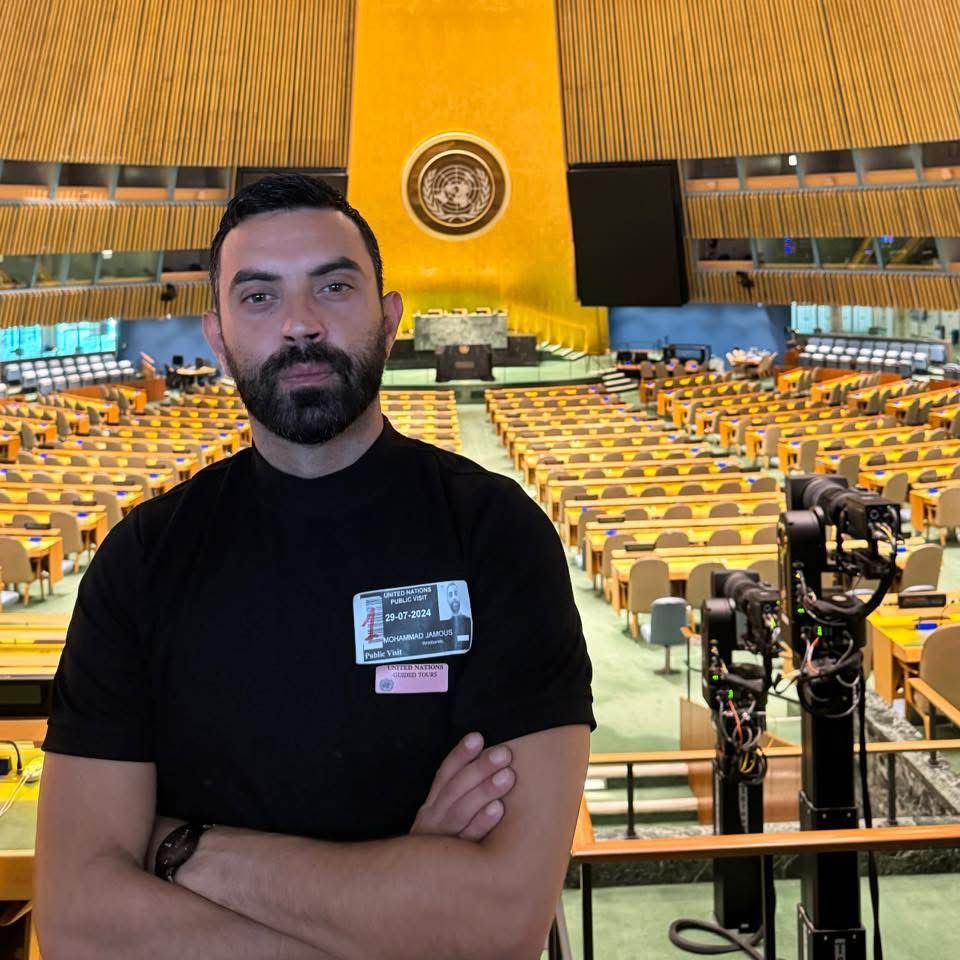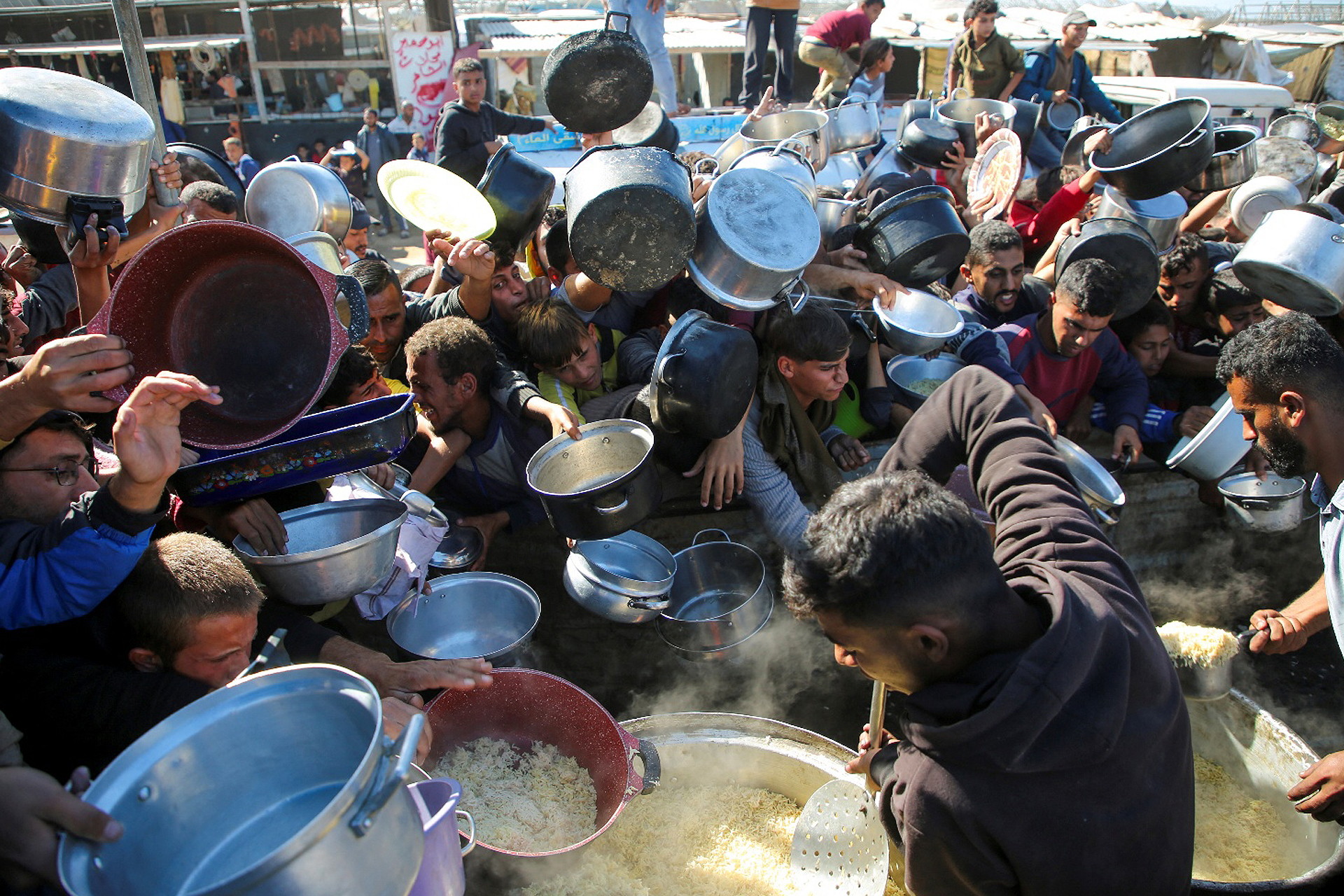This past week, I have spoken to several Israeli security, political, media, and policy experts in desperate pursuit of a reasonable answer. Many of them gave me some scientific explanations like the lack of direct contact with large numbers of the Gaza population, not having enough penetration of Hamas, the reactivity to October 7 having fueled some of the destruction in the Strip, the difference in the landscape and the presence of tunnels, how embedded Hamas is among civilians, how difficult it can be to conduct urban warfare in one of the world’s most densely populated areas, and the need to conduct force protection and prevent the death of Israeli soldiers and troops in ambushes by preemptively destroying civilian infrastructure, like homes, streets, neighborhoods.
However, all of them shared the same assessment after providing unbiased and supposedly scientific opinions. They said outright that while they disagree with the sentiment, overall Israeli public opinion and that of soldiers, commanders, and political leadership is negative, racist, and quite lacking in empathy and a sense of care about the welfare of the Palestinians. Palestinians in the West Bank or especially in the Gaza Strip are primarily seen as an enemy population with little to no difference between terrorists and civilians, and therefore, little space is available to hold an empathetic view of Palestinian suffering, hardships, and humanity as result of the vast destruction due to Israeli military operations.
Meanwhile, the people of Iran are viewed as being largely against the regime and wanting to get rid of it, and therefore, deserving of empathy and support. The people of Lebanon are viewed as diverse, and many are opposed to Hezbollah, making them more relatable on a human level. In other words, there is a true intersectionality between public opinion and attitudes, dehumanization, political policy, military strategy, and on-the-ground operations, as well as the outcome of the military campaign over the past 21 months. This isn’t to deny that there are decent human beings involved in the Israeli military structure, nor is it to suggest that everyone in Israel has a callous attitude towards Palestinian suffering. Nevertheless, the scale of the destruction in Gaza is incredibly difficult to square away with the proven capabilities of the Israeli military that are indeed able to reach enemies far and wide and could have prioritized sparing human life and property destruction in pursuit of the elimination of Hamas’s rule over the coastal enclave following the October 7 massacre.
The opinions expressed in Realign For Palestine publications are those of the individual authors and do not necessarily represent the views of Realign for Palestine, the Atlantic Council, their staffs, or their supporters.






.JPG)



